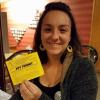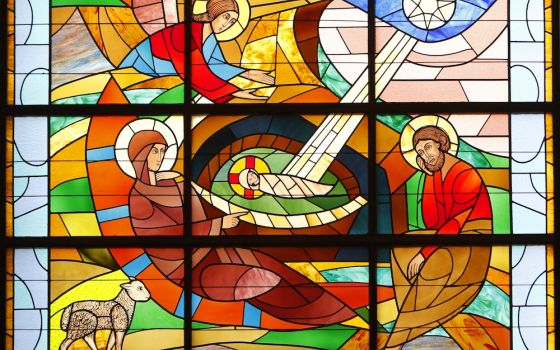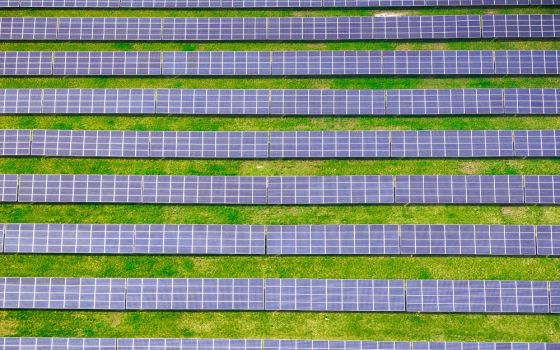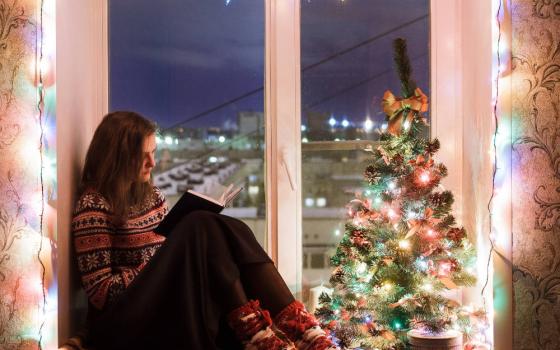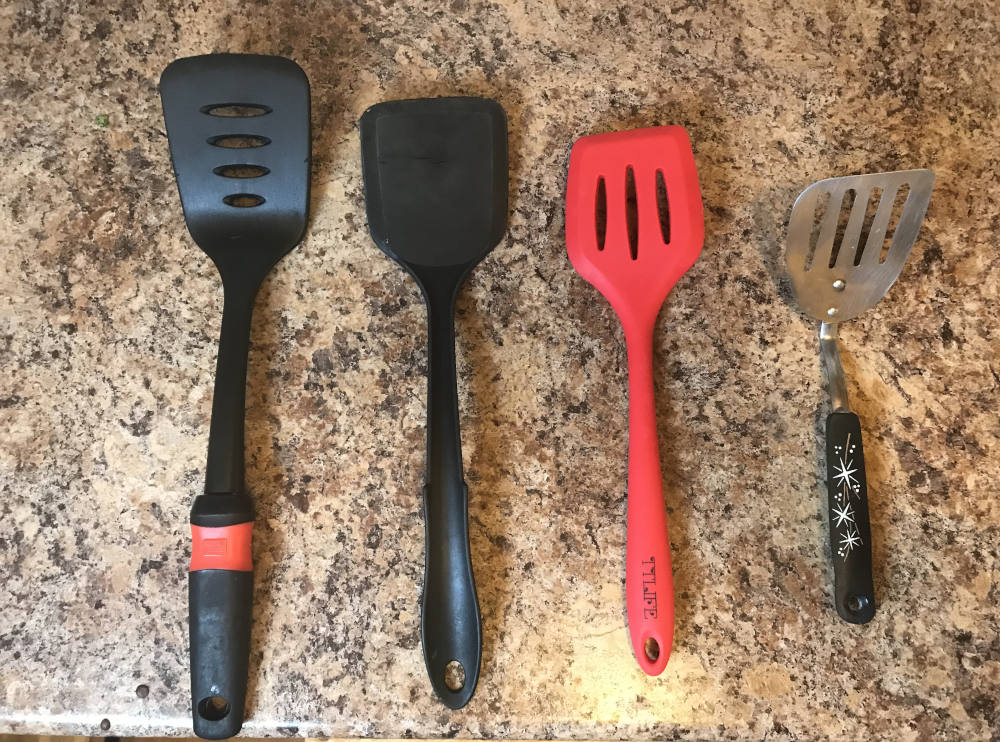
They may look like four ordinary spatulas, but they are a symptom of a bigger problem. (Brenna Davis)
Editor's Note: For the 2021 Advent season, EarthBeat is revisiting and republishing some of the reflections from last year's series, "Simple Advent, Abundant Life." Sign up here to receive the "Simple Advent Revisited" reflections three times a week in your inbox.
Third week of Advent—Consumption
Wednesday, Dec. 15
REFLECT
Martha, Martha, you are worried and distracted by many things.
-John 10:41
The average person in the United States owns over 300,000 items, according to this 2014 story in the Los Angeles Times. While I haven't counted all of the things I own, I imagine that estimate is not far off for me. As a person who likes to believe she lives simply, I look around my house, and it is pretty cluttered.
For example, I recently realized that in our household of two, we own four spatulas. That might seem like a silly area to focus, but the spatulas are a symptom of a bigger problem. As I mentally debated if we should get rid of two or three of them, I had a moment of clarity: I am way too attached to inconsequential things.
For me, and for many of us, I think this attachment (or as St. Ignatius of Loyola would say, disordered attachment) comes from fear. What if one of the spatulas breaks? What if I have a potluck (in the future) and need them for serving? What if I need to fry four eggs simultaneously?
That's a lot of unlikely what-ifs, and this experience has gotten me reflecting again on if I put my trust in God and community or if I am making idols out of things. If for some reason "the worst" does happen and I am left spatula-less, do I trust that "all will be well" and that my needs will be met? Trusting in this small way can help me practice for the more important moments.
As I started looking around my house, I realized that I had a lot of extra stuff that other people might find useful. My community has a Buy Nothing Project group on Facebook, and I started posting free items such as curtains, lamps, pots and, of course, spatulas. It turns out there were a lot of people in my area in need of these items, and as an added bonus, I got to meet some of my neighbors (virtually).
Moving forward, instead of buying things because it provides a temporary feeling of happiness, I pledge to ask myself the following questions to limit my impact on the planet and to limit the number of things in my house that take time and mental energy to maintain:
- Do I truly need this item, or do I want to buy it because I am trying to fill an emotional need?
- How long do I think this item will last, and do I anticipate using it throughout its usable period?
- Where did this item come from, and is it something that could be repurposed or recycled at the end of its usable period?
ACT
Are there items that you have been holding onto out of fear or a scarcity mindset? What physical items might you be able to let go of this Advent to make space for new experiences or ways of being?
Visit Freecycle, Buy Nothing Project or Nextdoor to see if there are neighborhood groups where you can post free items or request items that you need.
View the Advent Simplicity Calendar for a suggestion for a "game" to help you minimize your stuff.
Simple Advent, Abundant Life
reflect | act
Sign up to receive daily emails for this Advent reflection series.
Advertisement


